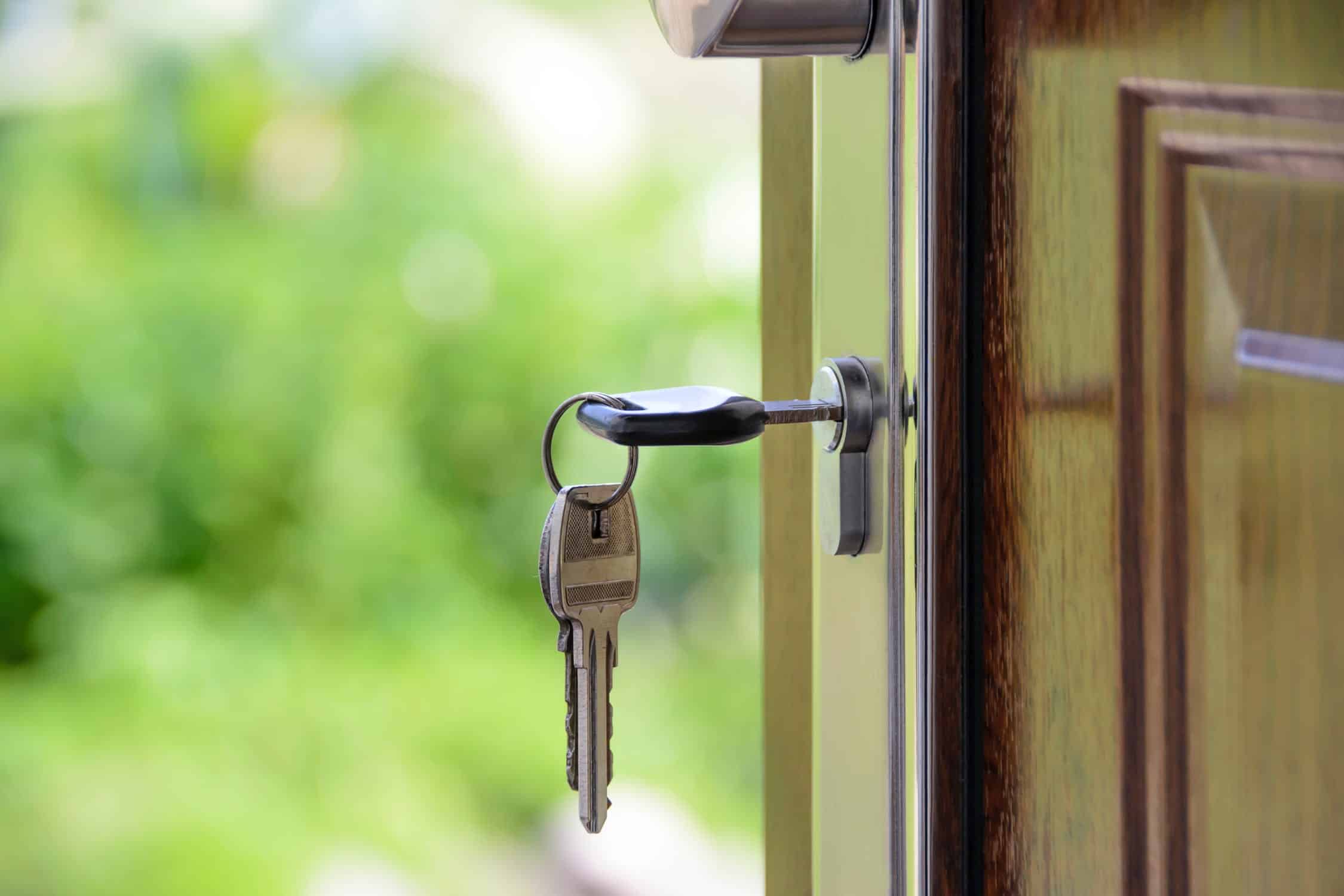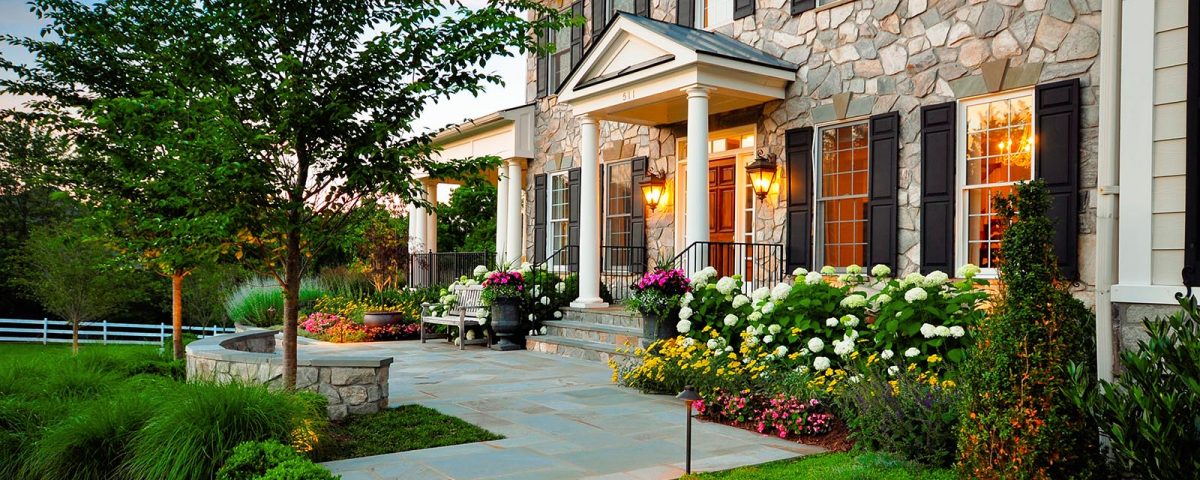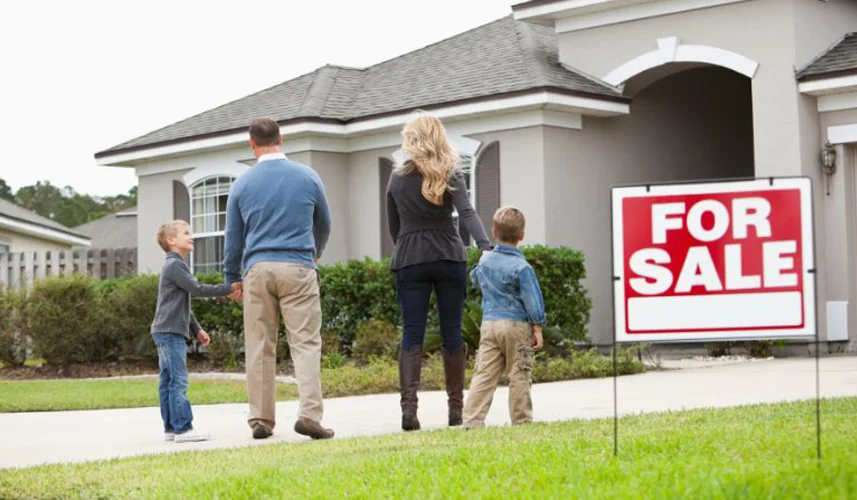
Home Searching? How To Find Hidden Bargains!
January 10, 2020
Finding A Capable Agent To Meet Your Real Estate Needs.
January 11, 2020The Difference Between Old Homes vs. New Homes Explained
Which Is A Better Buy?
This question is a serious one for today’s homebuyers because interest rates are at an eight- year low, new residential construction is high and demand for homeownership is strong. So which is better, a new home or one that’s already been broken in by previous owners?
If you talk to homebuilders, you’ll hear only about the advantages of a new home.
Real estate agents who work with existing homes will obviously give you a different line of reasoning.
Both viewpoints are right; both new and existing homes have pluses and minuses. The job for a prospective buyer is to determine their individual preferences and shop accordingly.
Buying a New Home More Amenities:
Typically, a new home will be more expensive than a 15-year-old house. They cost more, but you get more amenities. Twenty years ago, an average new home had about 1,200 square feet; today it’s more like 1,900 square feet. In 1977, the average new home had one and a half bathrooms; today, it’s closer to three.
Updated Wiring:
Most new homes today are being wired for new technologies: multiple telephone lines to accommodate new communications and computer requirements, electrical wiring that supports security services and other options that simply weren’t available 20 years ago.
Greater Customization:
You can pick and choose the features you want in a new home. The more you spend, the more customizing is available.
Cost More:
New homes typically cost more. Constantly escalating land values and labor costs are major contributors to this.
Buying an Existing Home
If money’s tight and costs, rather than convenience, are a primary consideration, perhaps you should examine the possibilities of purchasing an existing home.
According to experienced Realtors, an existing home may be more of a bargain than a new residence.
Appliances Included:
Existing homes usually already
have appliances in place, so a buyer doesn’t have to shop for refrigerators,
stoves, microwaves, freezers and other extras which can represent a sizable
capital investment in a new home.
Updated Look:
Often existing homes have been updated so the home has the look of a newer home.
Mature Landscaping:
An existing home comes with “mature landscaping” which will require less maintenance than the nurturing of new landscaping in a new residence.
Established Neighborhoods:
Existing homes are usually in established neighborhoods. The character of an older neighborhood is different from that of a new development. In a new development, you don’t know who your neighbors are. But in an older neighborhood, you can go to the neighbors, knock on the door and ask about schools, how many children are on the block, police protection
— the important things. You know who your neighbors are before you move in.
As a buyer, you will see a direct relationship between the care, maintenance and pride of the neighborhood in general and the price of the homes that are for sale. You know what you are dealing with in terms of shopping centers and amenities because an older neighborhood is already “built out.” In new construction, you could be unpleasantly surprised when undeveloped land near your home is sold and used for something you don’t want nearby.
Costs Less:
The purchase price tends to be less for existing homes. You are paying for past prices for labor and materials. Current building costs can add substantially to the price of a new home.
Greater Negotiation Potential:
Finally, existing homes offer more room for negotiation. While there is a “psychological value” in a new home with warrants that can cover construction and appliances for terms ranging from one to 10 years, a builder has to get a certain amount for the house. With an existing home, price can be negotiated more readily.
Proponents of both types of home purchase agree, though, that now is an ideal time to buy since interest rates are so moderate. What you buy is an individual choice. You almost can’t go wrong either way, and you’ll find that you get what you pay for.

Kim Wirtz
Real Estate Agent and Realtor – Contact Me
My success in real estate is attributed to experience, professionalism, and commitment to service in many areas throughout Northern Illinois. I have been a licensed REALTOR® since 1992. I possess an extensive knowledge of the many cities and towns I service. I share that knowledge with my clients in an effort to make their home buying or selling experience a comfortable one.
I take pride in my attention to detail and put all my efforts into understanding the needs of my clients. I constantly educate myself on the latest trends in the marketplace. It is my goal to extend the “royal treatment” to my clients all the time. Every telephone call or email received by me is returned in a very timely manner. I extend, prompt, courteous and professional service to all.
Buying or selling a home should be a memorable and pleasant experience. Real estate is one of the most exciting investments one can make. I promise to be here for all of my clients in any way possible in order to assure a very pleasant experience. I treat my clients as my friends.


